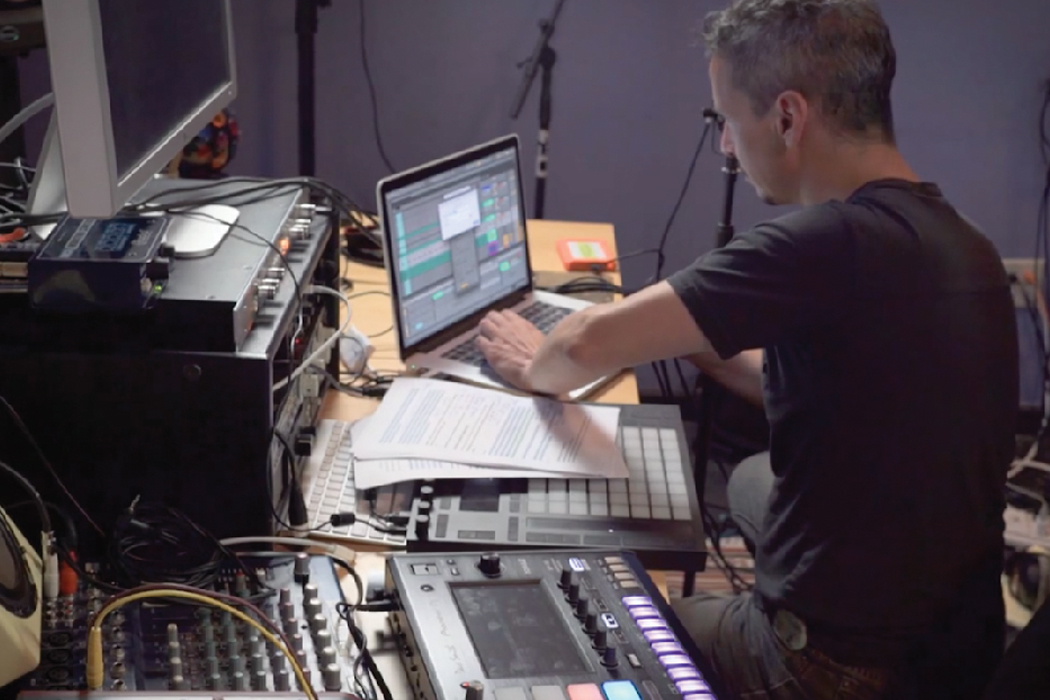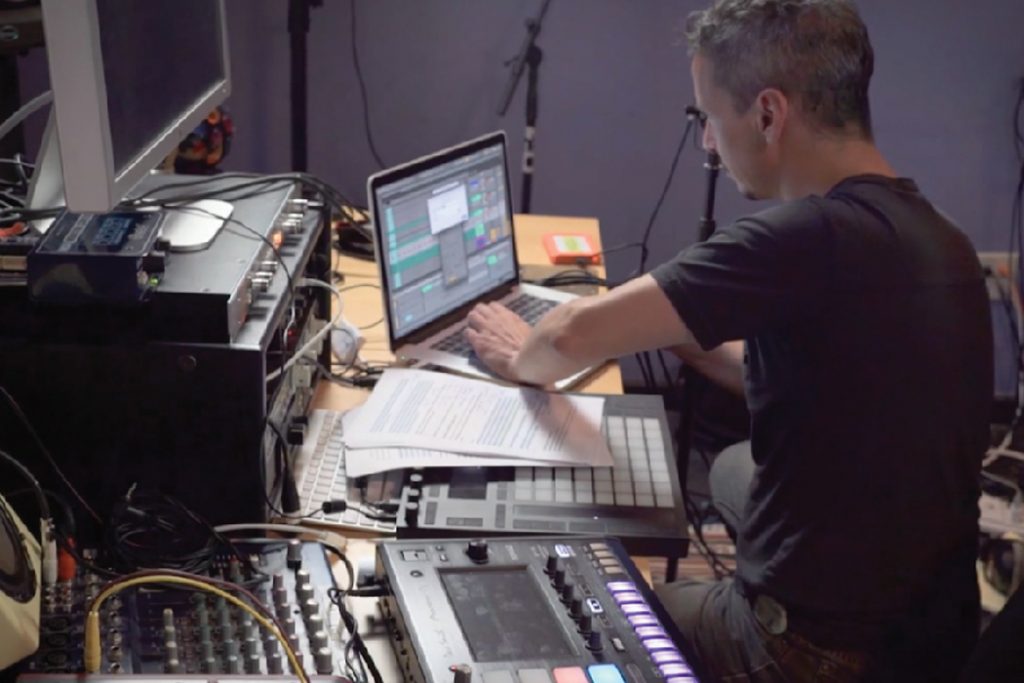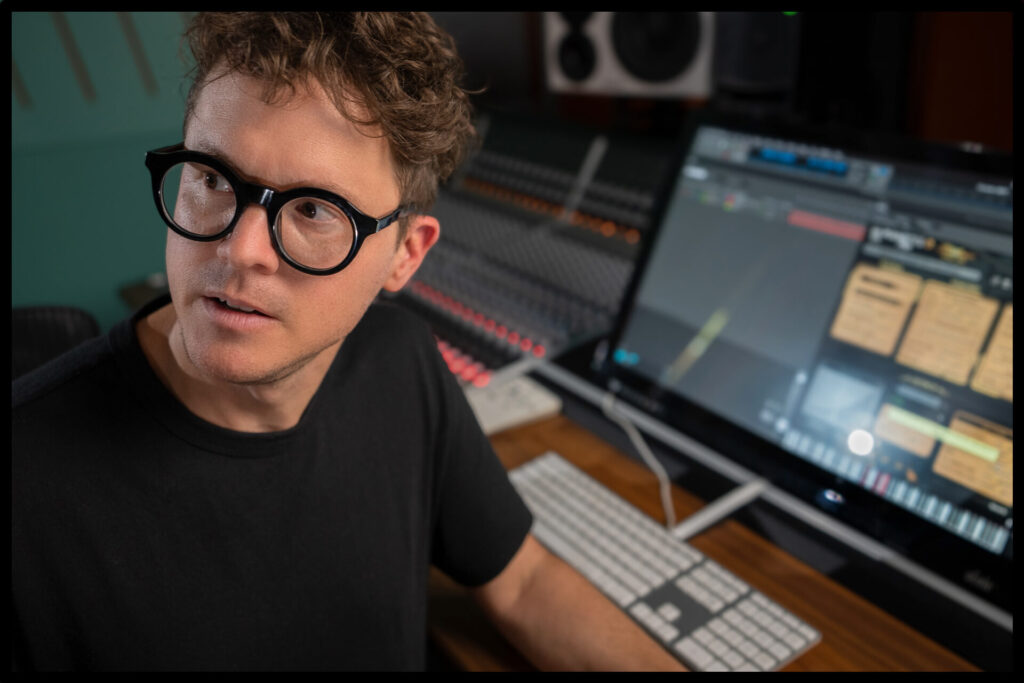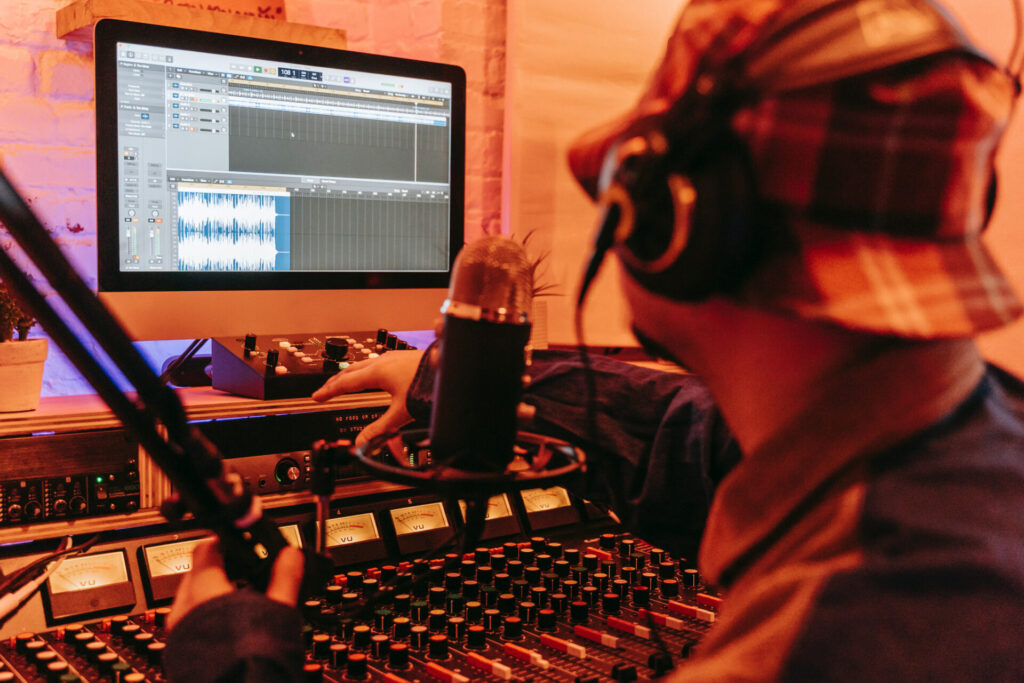
+ Working on your branding or promoting new music? Share your musical marketing goals with us here and we’ll pair you up with a Soundfly Mentor from our team of professional musicians, educators, and industry veterans to help you achieve them!
You’re really proud of the record you’ve just made, and you think people would like it if they heard it. In fact, you might be doing the best work of your life. You’ve put nearly a year, if not years of hard work and cash into your album, so it would be amazing if someone actually heard it.
It’s clear you absolutely want to get your music heard, but are you falling into common pitfalls that keep you limited to an audience of one or a couple dozen at most?
Below are the five most common mistakes artists often make when it comes to releasing a new EP or album, and how you can avoid them:
1. Ignore Your Fanbase
This is one of the most common mistakes we see while bands are still in the studio. They let their social media slide completely.
Most often it’s because they find it impossible to pay attention to both recording and managing their social media simultaneously. The problem with that is that your fanbase will also forget about you while you’re hunkered down in the studio recording your next masterpiece. This is in fact a great opportunity to start teasing your fans with the new music you’re working on, as you’re working on it.
Ideally you’re still posting daily, but even if it’s just once per week, you should be posting about the songs you’re writing or recording, what’s happening in the studio, and what excites you about the new record. This of course doesn’t get around the challenge of trying to balance studio time with social media time. I recommend planning in advance a schedule of what you could post so that you know what you need to post and when (that’s half the battle with social media!).
If you’re in a band, divide the responsibility between band members. One member always posts on Mondays, and another on Tuesdays, for example. If someone is better at posting about a specific type of content, focus on posts based on content ideas. Either way, you’ll have built up a fanbase that’s ready for your music once it hits.
2. Bad Timing
Let me guess: You have no real timeline for your album release campaign.
“Campaign? What’s that?” you say.
You were going to release it once you got your masters back — essentially winging it with a lot happening at once and without any real strategy to manage it all. Sound familiar?
First off, you need lead time before releasing your music so you have time to build awareness with both fans and the media, if you’re trying to secure press coverage on your record. Four to six weeks is recommended for a single and three months for an album or EP. Media outlets that aren’t already aware of you will most often need a minimum of seven impressions to even pay attention — and you most certainly don’t want to cram all of that in with rapid-fire content in a short period of time.
Lastly, there are simply better times throughout the year to release singles or albums based on multiple factors. You can find a monthly guide to releasing your single, EP or album in 2019 here.
3. No Post-Promotion Plan
Your record is finished, so your job is done. Now you just need to sit back and wait for people to discover your band and the masterpiece you created.
I wish it were that easy.
There’s not a credible record label on earth that releases a single or an album without creating a strong post-recording promotion plan in advance. They know that new fans won’t listen to music they’ve never heard of without making sure they have a strong music promotion strategy to connect with new fans. This will be done through publicity efforts to secure blog coverage, radio airplay and sessions, Spotify playlists, touring, and other avenues that will help spread the word about the band.
4. No Budget
I get it if you’re in a band that is self-financing: Budgets are always going to be a challenge. But if you really believe in your music as much as you say you do, you need to make an investment.
This can be done by budgeting your time to take care of all the facets of promotion that need to happen if you really can’t find a way to raise the money. Something that works with some bands is for each of the members to put $20 into a band bank account or a Paypal account every month. At the end of the year, you’ll have a few hundred bucks to use.
Ideally though, you’re able to focus on what you do best (make music), while hiring the experts to more effectively and efficiently promote your music with faster results than you’d receive on your own. This means hiring people who can pitch you to music blogs and Spotify curators. If your social media engagement if flatlining, it could mean working with social media companies to effectively try and increase your engagement. The cost range is pretty wide for these services, but as a general rule you’ll want to budget a minimum of $2,500 to promote an album or EP and $1,000 for a single if you plan on hiring a team to promote these releases.
Of course, there’s always the DIY route. You can do it for less, but you should expect the results to reflect that. You can also do it for more, but make sure the package you choose makes sense for a band at your level.
5. All or Nothing Expectations
By now, you may be convinced you need to put a music promotion strategy together for your album release. You know you want coverage in BrooklynVegan, Stereogum, NPR Music, and Gorilla Vs. Bear, for example. Anything less than that will feel like a major disappointment. Although sometimes blogs like those will utterly and hopelessly fall in love with an unknown band on the first listen, it’s usually pretty unlikely.
If it’s your first record, you might only receive press in small- to mid-sized blogs while the Pitchforks of the world completely ignore you. This is not a failure. This is a first step. You need to take that first step to get to the next one and the next one.
But there are also surprises that come out of promotion that you may not expect. For instance, we once had a band covered by a small blog that, on the surface, seemed insignificant. But it turned out that the owner of that blog also booked a major Brooklyn festival and was able to get the band on that bill. That small placement wasn’t so insignificant after all.
The name of the game is careful planning and execution. If you really want your record heard, don’t ignore all the steps it takes to get there.
Ready to get started marketing your music?
Soundfly’s community of mentors can help you set the right goals, pave the right path toward success, and stick to schedules and routines that you develop together, so you improve every step of the way. Tell us what you’re working on, and we’ll find the right mentor for you!
—
Janelle Rogers is the founder of Green Light Go Publicity, a music PR firm which helps up-and-coming musicians reach their audience.




